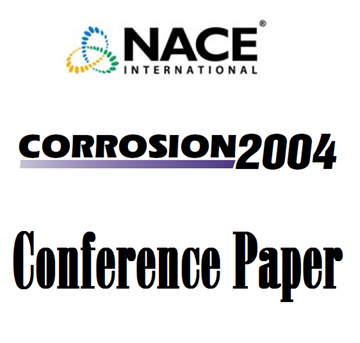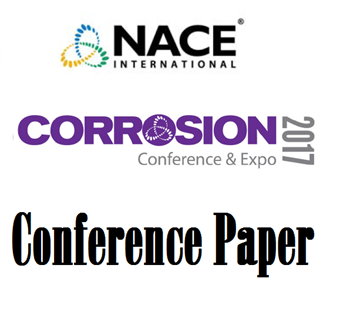Search
07564 FCCU Light Ends Plant Carbonate Stress Corrosion Cracking Experience
Also Purchased
04639 Carbonate Cracking Risk Assessment of a FCCU Gas Plant
Product Number:
51300-04639-SG
ISBN:
04639 2004 CP
Publication Date:
2004
$20.00
51317--9596-Carbonate SCC Experiences in Unusual Locations
Product Number:
51317--9596-SG
ISBN:
9596 2017 CP
Publication Date:
2017
$20.00
Carbonate Stress Corrosion Cracking of Carbon Steel in Refinery FCC Main Fractionator Overhead Systems
Product Number:
51390-90206-SG
Publication Date:
1990
$20.00




